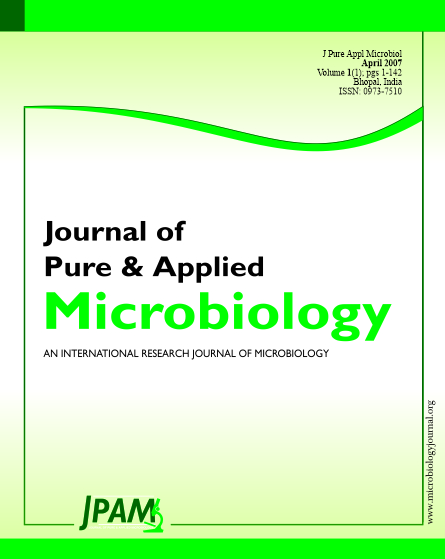Prebiotics are short-chain carbohydrates that alter the composition, or metabolism, of the gut microbiota in a beneficial manner. It is therefore expected that prebiotics will improve health in a way similar to probiotics, whilst at the same time being cheaper, and carrying less risk and being easier to incorporate into the diet than probiotics. Three prebiotics, oligofructose, galacto-oligosaccharides and lactulose, clearly alter the balance of the large bowel microbiota by increasing bifidobacteria and Lactobacillus numbers. These carbohydrates are fermented and give rise to short-chain fatty acid and intestinal gas; however, effects on bowel habit are relatively small. Randomized-controlled trials of their effect in a clinical context are few, although animal studies show anti-inflammatory effects in inflammatory bowel disease, while calcium absorption is increased. It is still early days for prebiotics, but they offer the potential to modify the gut microbial balance in such a way as to bring direct health benefits cheaply and safely.
Prebiotics, Microbiota, inulin, bifidobacteria
© The Author(s) 2007. Open Access. This article is distributed under the terms of the Creative Commons Attribution 4.0 International License which permits unrestricted use, sharing, distribution, and reproduction in any medium, provided you give appropriate credit to the original author(s) and the source, provide a link to the Creative Commons license, and indicate if changes were made.


